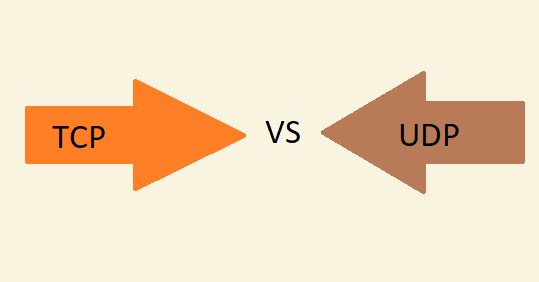Introduction
In the realm of television and streaming services, the landscape has witnessed a remarkable evolution over the past few decades. Traditional broadcast methods have gradually given way to more sophisticated technologies, offering viewers greater flexibility and interactivity. One such innovation is Internet Protocol Television (IPTV), which leverages the power of the internet to deliver television content to users’ screens. However, behind the seamless streaming experience lies a complex network of protocols, with UDP and TCP/IP emerging as two fundamental players in this domain.
What is IPTV?
Before delving into the intricacies of IPTV protocols, let’s first understand what IPTV entails. IPTV, or Internet Protocol Television, refers to the delivery of television content over Internet Protocol (IP) networks. Unlike traditional methods that rely on satellite or cable connections, IPTV utilizes broadband internet connections to transmit media content to viewers. This enables a more dynamic and customizable viewing experience, as users can access a diverse array of channels and on-demand content through various devices, including smart TVs, computers, smartphones, and set-top boxes.
The Role of Protocols in IPTV
At the heart of IPTV lies a set of protocols that govern the transmission of data between the service provider’s servers and the end-user devices. These protocols ensure the seamless delivery of audio and video streams, enabling viewers to enjoy high-quality content without interruptions or buffering issues. Among the myriad of protocols used in IPTV systems, two stand out prominently: User Datagram Protocol (UDP) and Transmission Control Protocol/Internet Protocol (TCP/IP).
UDP: The Unreliable Yet Efficient Protocol
User Datagram Protocol (UDP) is a connectionless protocol that operates at the transport layer of the Internet Protocol Suite. Unlike TCP/IP, UDP does not establish a direct connection between the sender and receiver before transmitting data. Instead, it simply sends packets of data without requiring acknowledgment or error checking. While this approach makes UDP less reliable compared to TCP/IP, it offers greater efficiency and speed, making it well-suited for real-time applications such as IPTV streaming.
In the context of IPTV, UDP is commonly used for broadcasting live events, sports matches, and other time-sensitive content where speed is of the essence. By bypassing the overhead associated with establishing and maintaining connections, UDP minimizes latency and ensures a smoother streaming experience for viewers. However, its lack of error correction mechanisms means that occasional packet loss may occur, resulting in minor glitches or artifacts in the video stream.
TCP/IP: The Reliable Workhorse
Contrary to UDP, Transmission Control Protocol (TCP) is a connection-oriented protocol that provides reliable, ordered delivery of data packets over IP networks. TCP establishes a virtual connection between the sender and receiver, ensuring that data is delivered accurately and in the correct sequence. This reliability comes at the cost of increased overhead, as TCP requires acknowledgment of received packets and retransmission of lost or corrupted data.
In the context of IPTV, TCP/IP is often employed for on-demand content delivery, where data integrity and accuracy are paramount. By using TCP/IP, IPTV providers can guarantee a seamless viewing experience for users, mitigating the impact of packet loss or network congestion. While TCP/IP may introduce slightly higher latency compared to UDP, its robust error detection and correction mechanisms make it ideal for delivering high-quality video streams without compromise.
Conclusion
In the ever-expanding landscape of television and streaming services, IPTV continues to redefine the way we consume media content. Central to this revolution are the underlying protocols, with UDP and TCP/IP playing crucial roles in ensuring the smooth transmission of audio and video streams. While UDP offers speed and efficiency for live broadcasts, TCP/IP provides reliability and data integrity for on-demand content delivery. By understanding the nuances of these protocols, IPTV providers can optimize their networks to deliver a superior viewing experience to audiences worldwide. Click here to check out our subscription plans and start your IPTV journey now!
Read the companion article on “IPTV Accessibility: How It’s Making Entertainment Inclusive” here.
